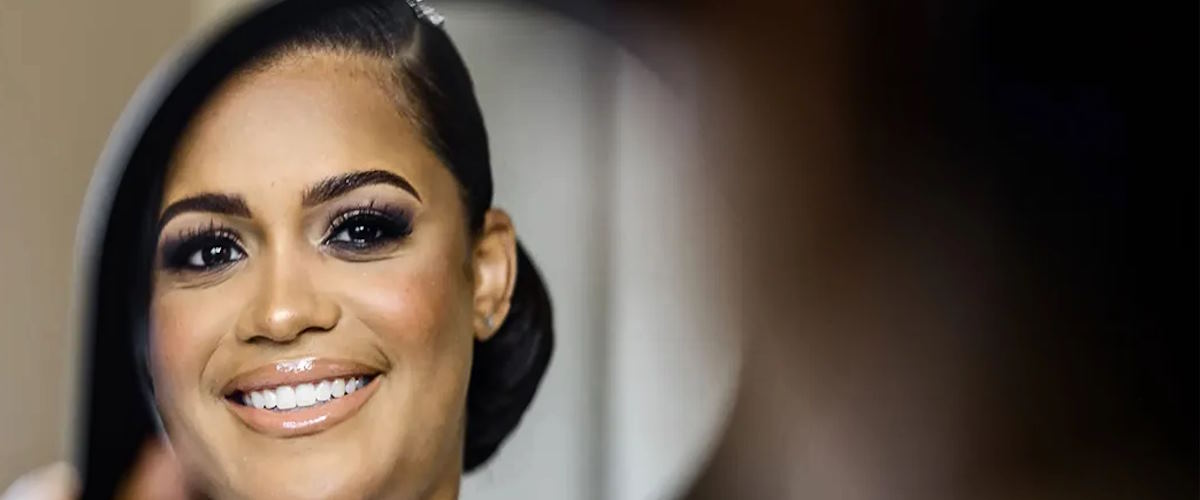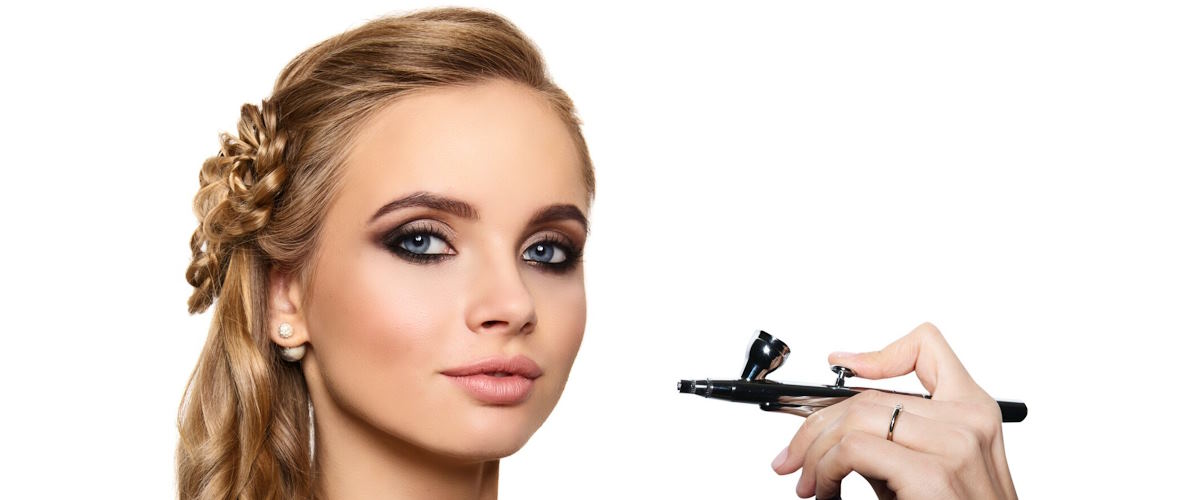
How to Make Your Makeup Look Airbrushed
Have you ever seen someone with perfectly smooth, glowing skin and wondered, “How do they do it?” Well, chances are, they’ve mastered the art of airbrushed makeup. Achieving that flawless, picture-perfect finish doesn’t require fancy equipment or hours of effort—it’s all about technique and the right products. Imagine your face as a canvas: just as an artist smooths out imperfections before adding color, your skin needs a bit of prep and care to create that smooth, airbrushed look.
Step 1: Prep Your Skin
Before you even think about picking up a foundation brush, let’s talk about skin prep. Think of it like smoothing out a rough surface before painting. The smoother the surface, the better the paint (or in this case, the makeup) will go on.
The first thing you’ll want to do is cleanse your skin. Using a gentle cleanser that suits your skin type will help remove any dirt, oil, or makeup from the day. A fresh, clean base is essential for a smooth application.
Next, don’t skip the moisturizer! Even if you have oily skin, a lightweight moisturizer will keep your skin hydrated and create a nice, even base for your makeup. If your skin is a little on the dry side, go for a richer moisturizer to keep everything smooth and dewy.
Finally, apply a primer. Think of a primer like a cushion for your makeup—it fills in pores and fine lines, creating an even surface for foundation. There are different types of primers depending on your skin’s needs: pore-filling primers for larger pores, hydrating primers for dry skin, or mattifying primers for those with oily skin. Choose the one that works best for you, and don’t skip this step. Trust me, it makes all the difference.

Step 2: Choose the Right Foundation
Now that your skin is prepped and ready, it’s time to choose the right foundation. Picking the right formula can make or break your airbrushed look. Think of it like choosing the right type of paint for your canvas—you wouldn’t use a chalky paint for a smooth finish, right?
For that airbrushed effect, you’ll want a foundation that offers buildable coverage. Full-coverage foundations can give you a flawless finish, but if they’re too thick, they may end up looking cakey. So, look for foundations that provide coverage without feeling heavy on the skin. A medium-coverage foundation with a natural finish (not too matte, not too dewy) will give you that smooth, airbrushed appearance.
Shade selection is key here, too. It’s tempting to go a little lighter or darker than your actual skin tone, but the best look comes from a foundation that matches your skin perfectly. If you’re unsure, test the foundation along your jawline to find your perfect match. And remember, blending is key to a seamless look!
Step 3: Apply Foundation Evenly
Now that you’ve got the right foundation, it’s time to apply it. This step is where many people go wrong, and it’s easy to do if you rush. Applying foundation is not just about slapping it on and hoping for the best—it’s about blending and layering it evenly.
The first thing to keep in mind is that less is more. Start with a small amount of foundation and build up if necessary. If you apply too much at once, you may end up with a thick, uneven layer. Use your tools wisely—whether you’re using a brush, sponge, or your fingers, the goal is to blend everything seamlessly.
A makeup sponge, like the famous beauty blender, is great for an airbrushed effect. It helps to press the product into the skin, ensuring that there are no streaks or harsh lines. If you’re using a brush, choose a dense, flat brush and apply in circular motions to buff the product into your skin.
Don’t forget the neck and jawline! You want the makeup to blend seamlessly from your face to your neck, so be sure to blend down to avoid any sharp lines. If you have dry patches or areas with more texture, take an extra moment to focus on blending those areas for a smoother finish.

Step 4: Conceal Imperfections
While foundation does a lot of the heavy lifting, concealer is your best friend for those pesky blemishes or dark circles under the eyes. Think of concealer as a spot treatment—its job is to address specific areas that need extra attention.
When applying concealer, use a shade that’s one or two tones lighter than your skin tone for under the eyes. For blemishes or redness, choose a concealer that matches your foundation shade to avoid drawing attention to those areas. The key to concealer is blending. Dab it gently on the areas that need it, and use your sponge or finger to blend the product into the foundation for a smooth, natural look.
Be patient and build up the concealer if needed. Sometimes, one layer isn’t enough, especially if you’re covering up redness or stubborn dark circles. Take your time and apply until the imperfection is camouflaged.
Step 5: Set the Makeup with Powder
Once you’ve got your foundation and concealer in place, it’s time to lock it in with setting powder. Setting powder is essential for keeping your makeup from sliding around throughout the day, and it helps prevent that dreaded shine that can ruin your flawless finish.
The trick to setting your makeup without making it look heavy is to use a light hand. Avoid packing on powder in thick layers. Instead, use a fluffy, soft brush and gently dust it over your face, focusing on the areas that tend to get oily, like the T-zone (forehead, nose, and chin). If you have dry skin, skip the powder on areas like your cheeks to keep the natural glow intact.
Another option is translucent setting powder, which gives you a matte finish without adding any color. It’s lightweight and helps blur imperfections, leaving your skin looking soft and airbrushed.
